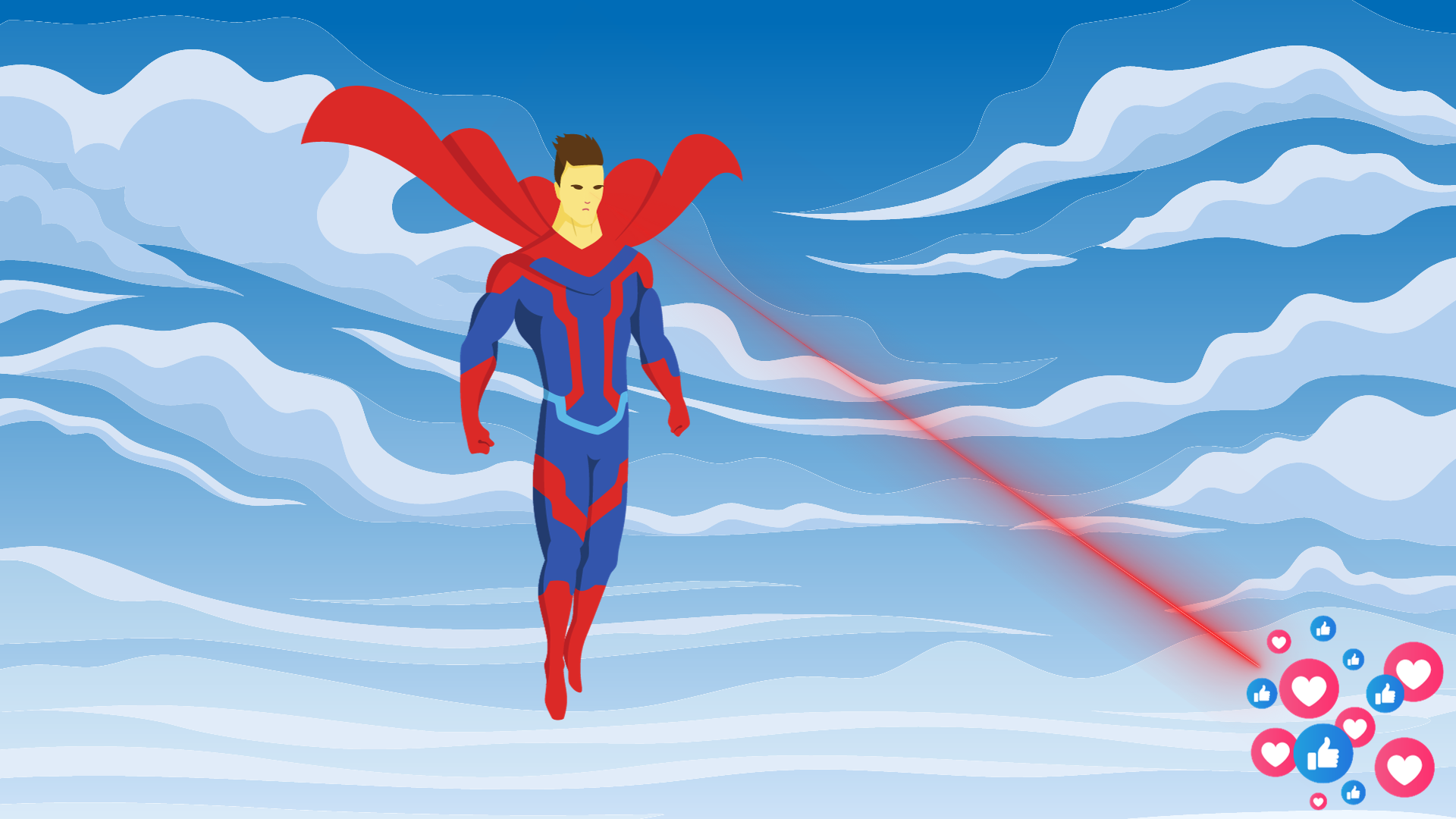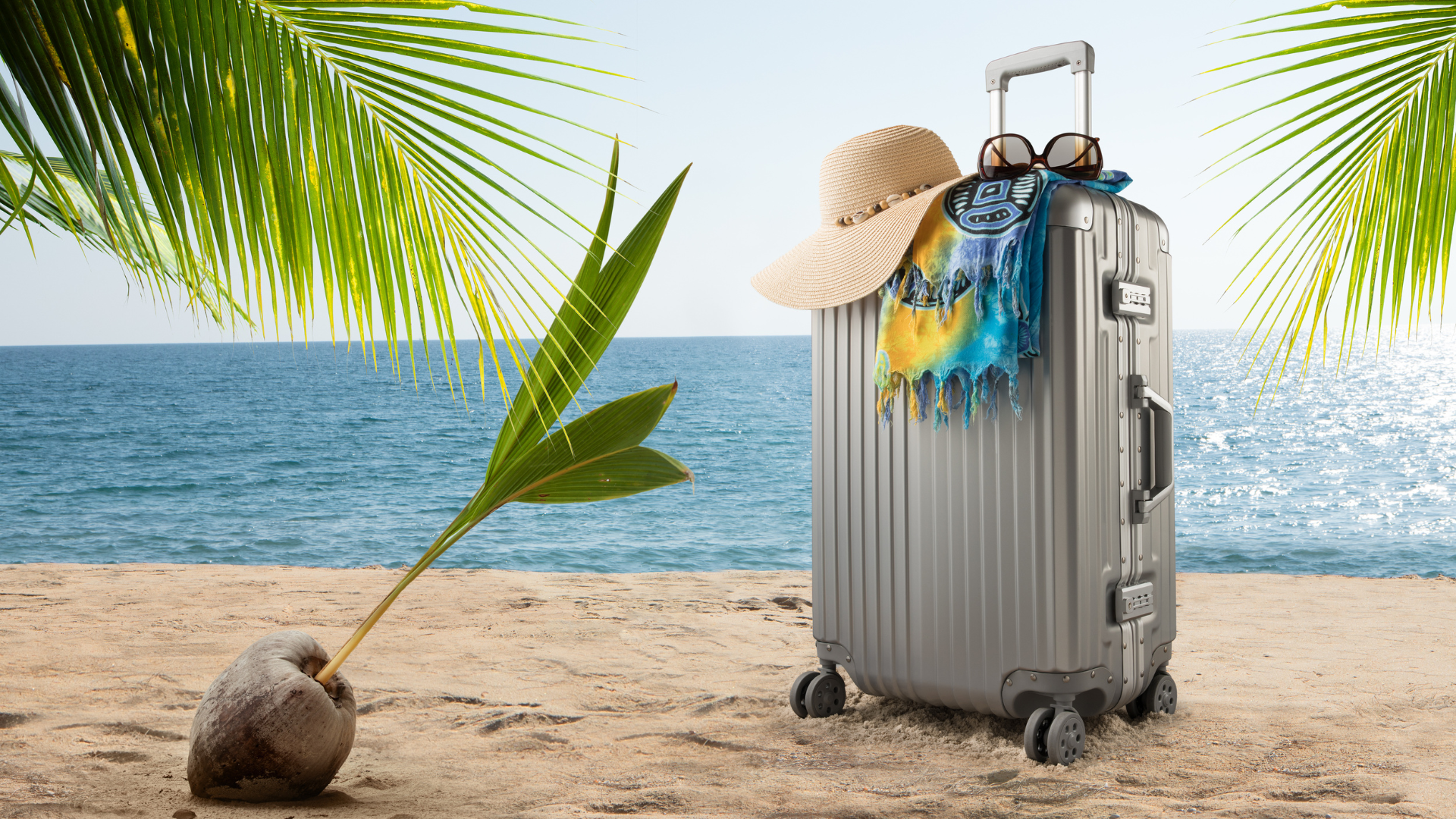Why the World Doesn't Need Superman
Social media feeds overflow daily with "perfect" images of chiseled bodies, exotic vacations and picturesque poses projecting the illusion of flawless lives.

Social media feeds overflow daily with "perfect" images of chiseled bodies, exotic vacations and picturesque poses projecting the illusion of flawless lives.
This carefully curated content from influencers, Instagrammers and TikTokers present highlight reels as if uninterrupted happiness is humanity's default.
But behind the lens lies an explosive epidemic.
Relentless pressure to live up to these unrealistic filtered versions of reality has bred devastating mental health impacts. Studies reveal upward of 60% of Gen Z and Millennials report unrealistic expectations of physical, material and experiential perfection fed by social media now trigger chronic anxiety and depression.
When did toxicity become so mainstream?
We once idealized superheroes in fiction - those mythic protectors whose supernatural gifts allowed saving the day. Children dreamed of harnessing such powers to right wrongs and injustices, but then Hollywood regurgitated and fed us even more ridiculous characters wrapped in the same old storylines, over a decade of the same false prophets.
Today’s idols wield a silent harm often disguised as inspiration by peddling fantasy versions of existence. Their “superhuman” figured, globetrotting and glamorous images foster a false sense of fulfilment. And in the fruitless chase after impossible standards fragile minds can get sucked into this perpetual false image spiral.
The world needs saving alright - mainly from ourselves, but look under the bonnet of the juggernaut that is social media and you'll find our youngest generations internalise and obsess over a profound sense of failure when social media fame eludes them.
Who will rescue the children from measuring their worth by likes?
Gen Z and Millennials didn't fare so well during the pandemic, and this seems to have had a profound carry-on effect even today, many feeling isolated and lonely which sadly segways into anxiety, depression, panic attacks and in some cases agoraphobia if left unchecked.
So, in a world full of harmful images, false prophets, and superhuman lifestyle and looks, don't we owe it to the next generation to gently guide them onto the right mind path? It's no wonder that therapy has become the new religion.
Though some might say, therapists are the real supermen and women of our time.



